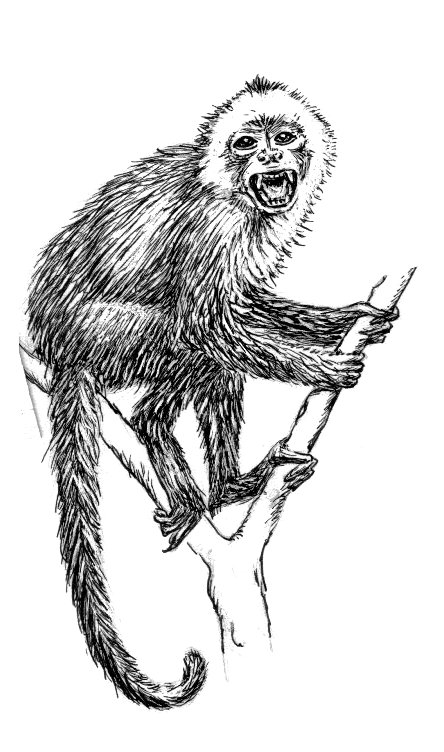
Do animals engage in prostituion? That depends on your definiton of prostitution. But there certainly is some evidence that animals at least engage in transactional sexual behavior. Wikipedia lists three examples: Penguins, Chimpanzees and Capuchin monkeys. While that hardly constitutes prostitution, some female Adélie penguins sometimes mate with single males and use that as an occasion to steal pebbles from them that they can use for nest building.
Chimpanzees seem to engage in long term relationships where female chimpanzees sleep with a male from time to time in exchange for a regular provision with meat and other foods. This has led some researchers to ponder whether also in early human societies the best male hunter used to be the one with the most sex. A researcher describes it in the following way: “Males who shared meat with females doubled their mating success, whereas females, who had difficulty obtaining meat on their own, increased their calorific intake without the energetic costs and potential risk of injury related to hunting”.
The most interesting example, however comes from capuchin monkeys. In 2005 Keith Chen, a Yale economist, published a paper about an experiment on a group of 7 Capuchin monkeys. The group gave the monkeys little silver tokens that they could exchange for grapes and other treats. Lo and behold, they soon exhibited behavior that was, in Chen’s words “statistically indistinguishable from most stock-market investors”. In the beginning he offered them two different goodies such as grapes or marshmallows for the price of one token each. When the price of one treat dropped and the monkey received two for one token, they started to prefer the cheaper over the more expensive one. The Capuchin monkeys also showed loss aversive behavior similar to humans. When presented with a game where they could lose one of two grapes or a game where they could gain a second grape to the one they already had, they much preferred the latter – even though the game was identical in terms of the odds of winning. Soon after the introduction of money, researchers could observe even more interesting behavior: monkeys started stealing tokens from each other, one even tried a sort of bank heist and stole an entire bucket from the researchers. Most interestingly, Chen observed one instance where a female monkey seemed to exchange sex for tokens. Immediately after copulation she received a token and exchanged it for a treat. For ethical reasons, however, the researchers did not investigate further but prevented similar behavior in the future in order to not turn their lab into a brothel.
